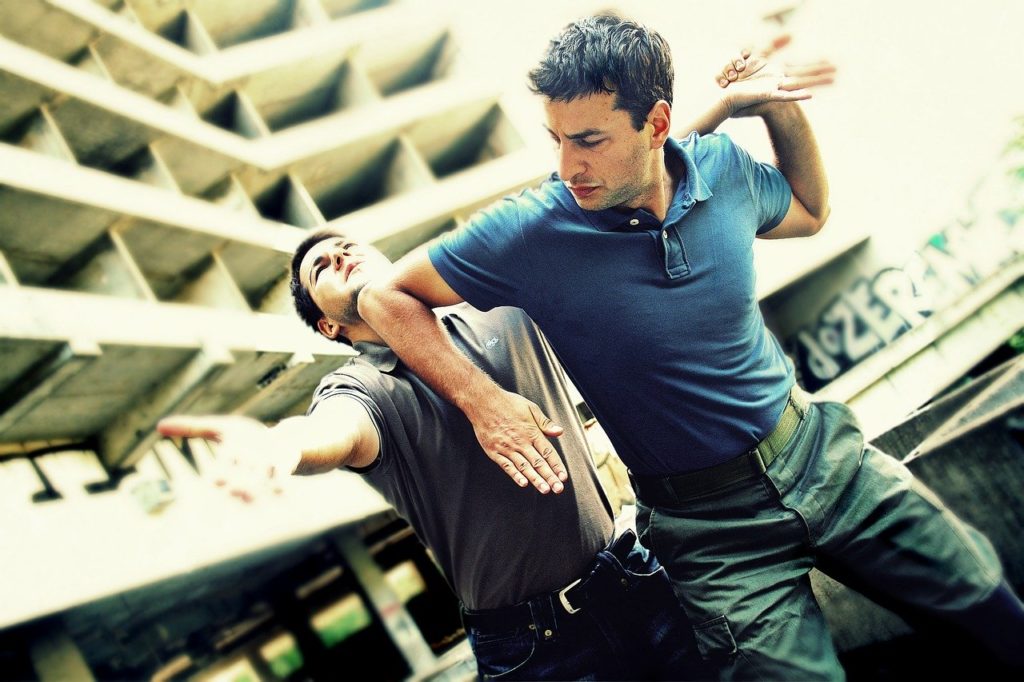The right to self-defense is a fundamental principle, but the legal complexities surrounding its use can be significant. “Stand Your Ground” laws add an additional layer to self-defense situations, removing the traditional obligation to retreat from a perceived threat before using force, including deadly force. South Dakota is one of many states that have adopted Stand Your Ground laws. Understanding the nuances of these laws is crucial for any South Dakota resident concerned about their safety and legal rights.
South Dakota’s Codified Stand Your Ground Law
South Dakota codifies its Stand Your Ground provision within its broader self-defense laws. The key elements of this law are as follows:
- No Duty to Retreat: South Dakota law states that there is no duty to retreat before using force in self-defense if a person reasonably believes they are facing an imminent threat of unlawful force. This includes situations within a person’s home, workplace, or anywhere they have a legal right to be.
- Language of the Law: South Dakota Codified Laws (SDCL) § 22-18-4 states: “A person…has the right to stand his or her ground and use force, including deadly force” if they reasonably believe it necessary to prevent death, serious bodily harm, or certain felonies against themselves or another person.
Castle Doctrine in South Dakota
South Dakota also recognizes the Castle Doctrine. This legal principle provides strong protection for individuals using force within their own homes. It presumes that a person has a reasonable fear of imminent peril of death or serious bodily harm if someone unlawfully and forcibly enters their dwelling. The Castle Doctrine reinforces the rights granted under the state’s Stand Your Ground law within the confines of one’s home.
Reasonable Belief & Imminent Danger
Two crucial concepts underpin South Dakota’s Stand Your Ground law:
- Reasonable Belief: The use of force is justified only if the person acting in self-defense has a “reasonable belief” that they or another person face an imminent threat of unlawful force. This does not mean the threat has to be real, but rather, that a reasonable person in the same situation would believe the threat existed.
- Imminent Danger: The threat must be imminent – that is, immediate or about to happen. A past threat or a potential future threat do not generally justify the use of force under Stand Your Ground principles.
The Use of Deadly Force
South Dakota law permits the use of deadly force in self-defense if the person reasonably believes:
- It’s necessary to prevent death or serious bodily harm to themselves or another person.
- It’s necessary to prevent the commission of certain felonies like rape, kidnapping, or aggravated assault.
Importantly, the force used in self-defense must be proportionate to the threat faced.
Practical Considerations and Examples
Understanding the legal concepts is vital, but applying them to real-life situations can be challenging. Let’s consider some hypothetical examples in South Dakota cities:
- Scenario 1 (Sioux Falls): A person is walking home late at night when they are approached by a stranger acting aggressively and making verbal threats. The person reasonably believes they are in danger and unable to safely retreat. Under Stand Your Ground, they may be justified in using force for self-defense.
- Scenario 2 (Rapid City): A homeowner hears someone breaking into their home. They confront the intruder, who advances threateningly. The homeowner, fearing imminent harm, may use deadly force in self-defense due to both the Castle Doctrine and Stand Your Ground protections.
- Complications: Real-life scenarios are rarely as clear-cut as examples. What constitutes a “reasonable belief” of imminent danger can be open to interpretation and may depend on a variety of factors considered by a jury. South Dakota law also places limitations on Stand Your Ground if the person defending themselves was engaged in criminal activity or was the initial aggressor. That’s why seeking qualified legal counsel in any self-defense situation is essential.
Controversies Surrounding Stand Your Ground Laws
Stand Your Ground laws are a subject of ongoing debate nationwide. Here’s a balanced look at the arguments:
- Arguments in Support:
- Deterrence: Supporters argue these laws deter crime as potential assailants may be less likely to attack knowing someone can defend themselves without retreating.
- Individual Rights: They emphasize the right to self-preservation without prioritizing escape over the possible use of force.
- Arguments Against:
- Escalation of Violence: Critics argue Stand Your Ground removes the incentive to de-escalate situations, potentially leading to more deaths.
- Disproportionate Impact: Some studies suggest Stand Your Ground laws are applied unequally, with potential racial biases affecting outcomes.
How to Stay Safe and Informed
Being aware of South Dakota’s self-defense laws is crucial, but it’s equally important to exercise good judgment and prioritize safety:
- Resources:
- South Dakota Legislature website: https://sdlegislature.gov/ (to view codified laws)
- Legal aid organizations or attorneys specializing in self-defense law.
- Seek Legal Advice: Every situation is unique. If you ever find yourself in a self-defense scenario, consult an attorney immediately for guidance on your rights and potential legal repercussions.
Conclusion
South Dakota’s Stand Your Ground laws provide individuals with substantial rights to defend themselves under specific circumstances. However, these laws are complex and their application can have serious consequences. It’s essential to fully understand the law, the limitations of Stand Your Ground, and the potential impact on any self-defense situation. In conjunction with prioritizing safe practices and conflict de-escalation whenever possible, this knowledge can promote both safety and responsible exercise of your legal rights.
Sources
- South Dakota Legislature: https://sdlegislature.gov/
- Giffords Law Center: Stand Your Ground Laws: https://giffords.org/lawcenter/gun-laws/policy-areas/guns-in-public/stand-your-ground-laws/
- FindLaw: South Dakota Castle Doctrine Laws: [invalid URL removed]
Disclaimer: This article is for informational purposes and does not constitute legal advice. Always consult with a qualified attorney for legal guidance on specific self-defense matters.



